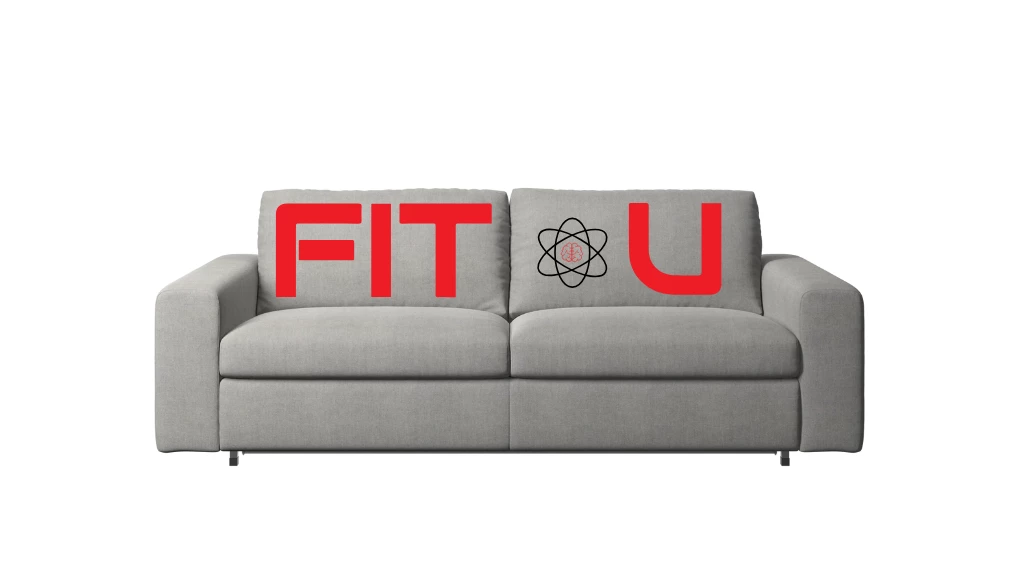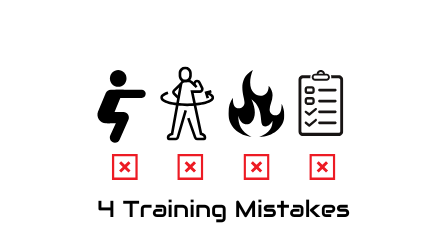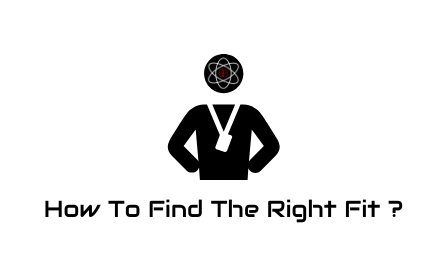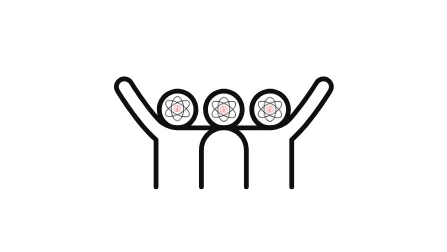Your Recovery Is Probably the Reason You Don’t See the Results You Want
Studio Fit U
Training
Published: 29/11/2024
Update: 28/01/2025

If you’re looking to build muscle and lose weight, there are three main things you need to focus your attention on: intense training, proper nutrition, and quality recovery.
This means that if you’re doing your best in the kitchen and in the gym, your problem is most likely recovery.
Now, you might tell yourself, “I’m sleeping about 7 hours a day, so recovery is probably fine,” except that recovery is a little more complex than just the number of hours you sleep.
Here’s a quick and actionable guide to help you clearly identify the problem and apply practical solutions.
Sleep Is Not Just About Quantity
“Over one-third of Canadians between 5 and 79 years old fail to obtain the daily recommended amount of sleep.” (Canada.ca)
If sleep quantity is part of the problem, it’s not the only thing that matters. The quality of your sleep is just as important—if not more so.
Several indicators can help you determine if sleep is the issue in your daily life and whether it might be one of the factors preventing you from putting on muscle and losing weight.
How to know if sleep is the problem:
-You crash during the day.
-You rely on caffeine to stay focused.
-You have memory and concentration issues.
-You feel like you could nap during the day if you had the chance.
If you’re hard working and long work hours regularly take over your sleep, you’ve probably accumulated a sleep debt.
Just like a money debt, it’s not something that can be fixed overnight by sleeping in for two extra hours on the weekend.
The solution is to prioritize your sleep and treat it as non-negotiable—because it is.
Sleep is literally what prevents your cells from degenerating, your brain from being overwhelmed with information, and your body from aging prematurely.
You can do this by building a sleep structure for yourself. This means creating a routine with relatively fixed bedtimes and wake-up times that respect your basic needs without interfering too much with your lifestyle.
It’s about finding the sweet spot and going through a period of trial and error.
Stress Will Kill Your Progress
Stress can be even more vicious. If you’re stressed on a daily basis, being tense and anxious becomes your default mode of operating.
You don’t pay attention to it because your body has adapted to that state.
But if you :
-You have trouble falling asleep
-You get sick easily
-You feel constantly tense
-You are irritable during the day, or tend to overeat
then stress is probably affecting your recovery.
If that’s your reality, you need to learn how to relax your body.
There are several ways to do this, and you need to find what works for you.
Yoga, deep breathing, progressive muscle relaxation, and stretching are all great tools to help release the tension your body holds onto.
That being said, you’ll need to learn how to use these tools before they become truly effective.
Don’t expect to feel completely relieved after your first 10 minutes of guided relaxation.
Think about it—if you’ve been stressed for a long time, getting back to a relaxed state as your default mode of operating will take time and consistent effort.
Your Brain Needs Rest Too
You’ve probably heard a lot about sleep and stress and how they can lower your quality of life.
But your brain needs rest, too. Tackling recovery only through the body won’t fully resolve the issue.
Here are some symptoms that overwhelm and anxiety might be the problem:
-You’re always thinking about work or work-related tasks.
-You have racing thoughts keep you awake at night.
-You forget important things.
-You feel like your brain is always full.
-You have constant brain fog that limits your mental capacity.
If you experience one or more of these symptoms, anxiety is most likely the issue.
To ensure your brain gets enough rest, the first thing you need to do is schedule regular times for self-reflection and introspection.
Writing and keeping a journaling habit is a great way to do this. Use an old-fashioned pen-and-paper approach so that you’re fully present in the moment.
This will give you valuable insights, help you see the bigger picture, and allow you to step back from the rush of daily life.
The Bottom Line
Recovery is critical and should be a top priority if your goal is to build muscle and lose weight. Whether it’s improving your sleep, managing your stress, or giving your brain the rest it needs, addressing recovery is the key to unlocking better results.
In the same category



The Benefits of Semi-Private Personal Training and Finding the Right Fitness Community
Training
Learn morePersonal & Personalized Training
MONTREAL
4824 Ch. de la Côte-des-Neiges, Montréal, QC H3V 1G4